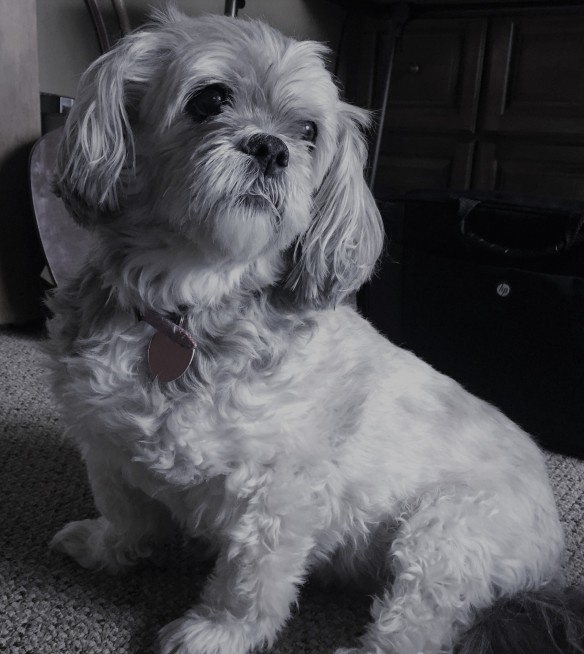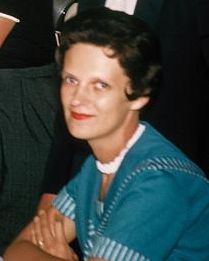One year ago yesterday my husband woke up from a medical procedure and I said, “I have good news and bad news.”
He said, “tell me the bad news.”
So I told him. “You are a very sick man. You have five blockages in your heart and you need open heart surgery. One of the blockages is very bad. It’s perforated. It could rupture at any moment. So you can’t leave the hospital. They are trying to see how quickly you can get scheduled for surgery.”
“Holy shit! How can there possibly be good news?!”
“It’s fixable,” I told him.
“That’s not good news! Tell me the good news!”
“It’s not a terminal diagnosis. It’s fixable. It’s going to take a lot of work but you’re going to be just fine. The angels have watched over you this long, they kept you alive through the procedure today, they’re going to keep you alive through this surgery. The recovery is going to be the hard part. That’s up to you.”
“You’re still not giving me any good news.”
“I love you. We’ll get through this, together.”
“That’s all you got?”
“It’s something. Better than nothing.”
“Yes, it’s something,” he agreed.
So it was one year ago this weekend that we spent all our time walking the floors of the hospital, saying good-byes, putting affairs in order. The night before his surgery he watched the Super Bowl game from his hospital bed while a blizzard raged outside the window. I was confident the angels would see him through surgery. He didn’t think he’d survive. He did.
It’s been an arduous journey. The bypass surgery was a complete success but the recovery has not been. For the first two months he had “hospital dementia” brought on by adverse reactions to several medicines and sleep deprivation. In the first few days after his surgery I knew something wasn’t right and kept trying to get someone to listen. At one point he didn’t even know my name, only that we were “together” and in fit of anger he told a doctor we were getting a divorce. She asked me if that was true and when I denied it she demanded I get her a copy of his health directive. I did. I never saw that particular doctor again but at least others understood I was trying to be my husband’s advocate. He spent two weeks in the hospital, the first time, and should have gone to a rehab facility but he was adamant about going home. And that’s when the struggle became real.
Because my husband didn’t think he’d survive the surgery (most people would be forever grateful for a second chance on life), he took on the mindset that he didn’t ask for a second chance so why did he get it? From day one he has pretty much refused to do his part to get better. He was told to do breathing exercises at least five times a day. He did them, maybe five times over the course of the first week, then gave up completely. He was supposed to stop putting salt on his food and to limit his sodium intake. Instead he berated me or anyone else who served him a meal for not bringing him salt. He was supposed to give up smoking cigars. He did, for five months. Then one night he lit up one and he’s been smoking them every day since. He is prescribed high doses of diuretics for serious edema in his legs and feet but he generally misses two to three doses each week. He’s supposed to exercise but instead chooses to sit in a chair and watch TV. He sleeps all night sitting up in a chair. He cannot lay flat.
And so on this first anniversary of his surgery, I’m a mess. Nothing is normal. Nothing is right. We haven’t even hit a place I could call our “new normal”. In many ways I feel this is a very long Second Good-bye. The first was the weekend a year ago when we put his affairs in order as best we could without him being able to step foot outside. So this second good-bye process is all about coming to terms with the fact that his last best day was January 31, 2019. The choices he makes every day now will never allow him to have a better day than that. He has hit a couple of plateaus in the last year, so he isn’t actively regressing every day, but there is no forward progress. Today is as good as it’s going to be for him. Tomorrow might be the same and the day after that. We are stuck in our own “Groundhog Day” but because he doesn’t want to learn from the moment, there’s simply no hope of us ever moving forward.
There is no joy. There is no sunshine or warmth. We both wake up in the morning and get on with our day simply because God gave us another day. I’m frustrated with myself that I no longer have the energy to rise above that. I’m angry at the poor choices he repeatedly makes. I’m depressed that internally I want to run free and live the life I’m capable of living but I could never, ever walk away. For better or worse. In sickness and in health. Given all the struggles I watch my husband face each day, I am mindful of the fact that he has so many blessings. He does not have a terminal diagnosis. He is not dealing with ALS or Parkinson’s or some other debilitating illness that is going to render him incapable of all human function. But he will reach that same outcome because he refuses to see his blessings, refuses to follow doctors’ orders, refuses to do the hard work. You can lead a horse to water….
I’ve been down a similar path four times before, when each of my four (now adult) daughters traversed the minefield of adolescence. All the while I knew in my heart they would indeed reach the other side of adolescence and they would become independent, fully functioning, law-abiding adults. The outcome on this path with my husband holds no promise. It’s the most difficult path I’ve ever been on in my life. And I now include my own name along with all the others in my daily prayers. And I pray also that we will not have a third form of this long good-bye. I won’t have the strength to see it through.

 When I was growing up in the ‘60s, I couldn’t watch the TV show Lassie without being overcome by anxiety thinking something awful was going to happen to the dog. I couldn’t watch the movie The Wizard of Oz without crying because I was so upset that the Wicked Witch kidnapped Toto. In recent years when one of my grown daughters recommended I see a movie or read a book, they knew I needed to know up front if the mom dies or the dog dies. If so, I usually would take a pass.
When I was growing up in the ‘60s, I couldn’t watch the TV show Lassie without being overcome by anxiety thinking something awful was going to happen to the dog. I couldn’t watch the movie The Wizard of Oz without crying because I was so upset that the Wicked Witch kidnapped Toto. In recent years when one of my grown daughters recommended I see a movie or read a book, they knew I needed to know up front if the mom dies or the dog dies. If so, I usually would take a pass.